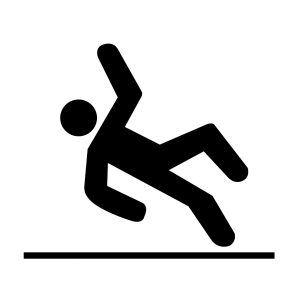Much research has focused on patients who self-report listening difficulties, but show normal results on the typical pure tone hearing test where you raise your hand, push a button or say “yes” when you hear the tone.
In fact, it is estimated some 26 million people in the U.S. self-report listening difficulties with normal pure tone results (see https://corvallishearing.com/hearing-difficulties for references ).
This 26 million figure would account for nearly 70% of the 37.5 million people in the U.S. who have suspected listening difficulties per the National Institutes of Health estimate.
The literature notes there are a number of auditory disorders that may not produce hearing loss as measured by pure tone testing. These disorders include Central Auditory Processing Deficit, Auditory Neuropathy Spectrum Disorder, Cochlear Synaptosis, Hyperacusis and tinnitus to name a few.
It is not surprising then that pure tone testing popularized in the early 1940s does not address these more recently-identified auditory maladies.
In a previous article we noted several other tests are often more diagnostically revealing for the disorders listed above. However, the question for most patients so afflicted with any of these disorders is “What can be done to treat it.”
Unfortunately, the treatment of these disorders is less clear cut than the diagnostic tests used to identify them.
In a recent article Humes (2020) made the case for use of hearing aids with many such patients who show normal pure tone test results (see https://corvallishearing.com/normal-hearing).
In the case of tinnitus (the perception of ringing, buzzing, whooshing sound or music when no sound is actually present) the hearing aid recommendation is often supported. Research has shown oftentimes the brain is essentially turning up the volume looking for sounds that are no longer as loud as they once were before the individual experienced tinnitus. Thus, hearing aids can amplify these slightly less loud sounds back to their original volume and the perception of tinnitus in as many as 60% of patients is improved.
In the case of Hyperacusis (heightened sensitivity to sound, with aversive or pained reactions to normally-loud environmental sounds) this disorder is thought to result from the brain’s loudness mediating function being set at too low a volume. As such one recommended treatment is gradual introduction of more sound oftentimes from a very low-volume hearing aid combined with counseling to calm an apprehensive patient who is already concerned about too much sound. (see https://corvallishearing.com/tinnitus for discussion).
By contrast in 260 patients with Auditory Neuropathy Spectrum Disorder, 61% of patients reported little or no hearing aid benefit (see https://corvallishearing.com/auditory-neuropathy).
In short, successful use of hearing aids among patients self-reporting listening difficulties with normal pure tone results depends heavily on the correct diagnosis. To quote Ghandi “A correct diagnosis is three-fourths the remedy.” It is then imperative that in-depth testing beyond the conventional pure tone examination be completed before any hearing aid recommendation is made for such patients.
